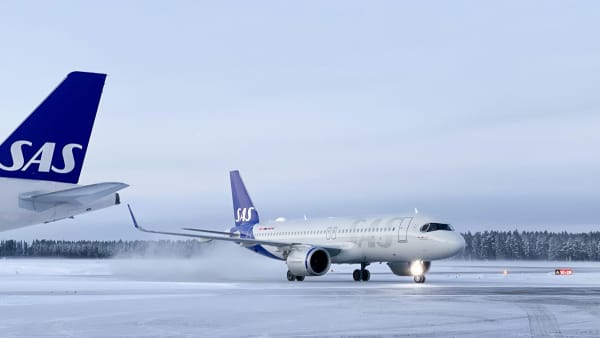The Impact of Aviation Industry Trends on Job Seekers
Historically, the aviation industry has been an essential contributor to the global economy, connecting people and facilitating both domestic and international commerce. Given the industry's fast-paced nature, emerging trends are always evolving career opportunities and the approaches needed by job seekers to leverage them.
In light of this, it's crucial for individuals aiming for careers within the sector to be fully aware of these trends as they shape the industry's future. This article casts a spotlight on major aviation industry trends and their implications for both existing and aspiring aviation professionals.
Steady Industry Growth
According to the International Air Transport Association (IATA), the total number of passengers transported by airlines could almost double to approximately 8.2 billion by 2037. This suggests continuous growth for the industry, potentially leading to increased workforce demand, amplifying the necessity for people with relevant skills in the industry.
Aside from the broader picture, specific roles are expected to experience considerable growth:
Pilots and Maintenance Technicians: Boeing predicts the need for 790,000 new pilots globally and 754,000 new maintenance technicians over the next 20 years.
Cabin crews: With the expanding commercial aircraft fleet, airlines will continuously need cabin crews to staff new routes and aircraft.
Air traffic controllers: As global air traffic continues to increase, skilled air traffic controllers will be in high demand to ensure smooth and safe operations.
Expanding Low-Cost Carriers
Low-cost carriers (LCCs) are revolutionizing the industry by offering travelers affordable alternatives to traditional airlines. Increasingly, these LCCs are gaining considerable market shares, hence subjecting job seekers to different kinds of career opportunities.
Job seekers should capitalize on these opportunities, as LCCs will require pilots, cabin crews, ground staff, and other personnel to understand operations, manage costs, and ensure overall operational efficiency.
Technological Advancements
Cutting-edge technological advancements are driving change across the aviation industry. From automation to advanced data analytics, technology has transformed multiple aspects of work in aviation, and continues to do so. Here's how technology-related trends influence job seekers:
Artificial Intelligence (AI) & Automation: With AI gradually adopting pilot and traffic control roles, new job opportunities will emerge for professionals specializing in AI technology and automation systems in the industry.
Cybersecurity: The digital shift in aviation operations has amplified the risk of cyber threats. There's a growing need for professionals with cybersecurity expertise to counter these potential frauds and threats.
Big Data and Data Analytics: With airlines and airports growing more digital, there's a surge in the demand for data analysts and data scientists who can decode the huge volumes of data to assist with strategy and decision-making.
Clearly, for job seekers, gaining relevant skills and knowledge in these areas will open a wealth of employment possibilities.
Sustained Focus on Sustainability
Sustainability is now a global concern, and the aviation industry is no exception to this. The push towards 'greener skies' will bring about job roles that focus specifically on achieving this objective.
Whether it's designing more fuel-efficient aircraft, implementing sustainable practices in aircraft operations, or researching alternative sources of energy, these roles will call for individuals with a deep understanding of environmental sciences and green technologies.
Heightened Customer-Centricity
The aviation industry's customer-centric focus is on the rise, led by the increased quest for personalized customer experiences. This shift is likely to bring about niche roles in customer service and management, requiring personnel with high degrees of emotional intelligence and the ability to personalize customer experiences in the age of digital disruption.
How Job Seekers Can Respond to These Trends
To meet the demands of these aviation industry trends, job seekers should:
Stay Updated: Constantly follow industry news and be aware of the latest industry trends.
Develop Relevant Skills: Identify the skills desired in the industry and work towards acquiring them.
Build a Flexible Career Path: Be adaptable and receptive to different roles within the aviation industry.
Network: Engage with the industry professionally through networking. Always be on the lookout for potential job opportunities.
To conclude, while the aviation industry poses challenges, it also offers a world of opportunities for well-prepared and skilled job seekers. It's now up to the individual to leverage these aviation industry trends and turn them into wings that enable taking flight towards a rewarding career in the dynamic aviation industry.




